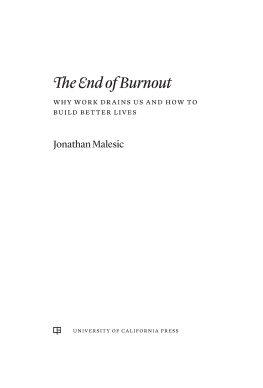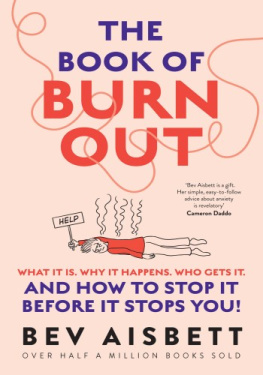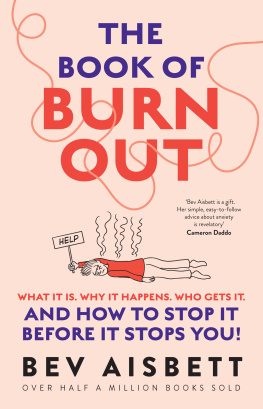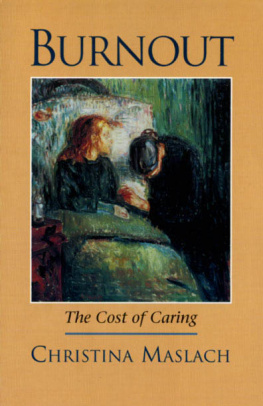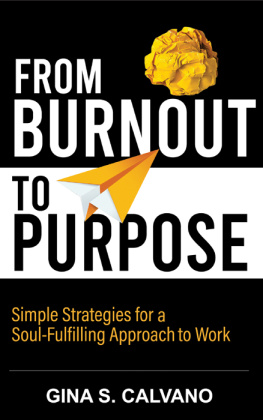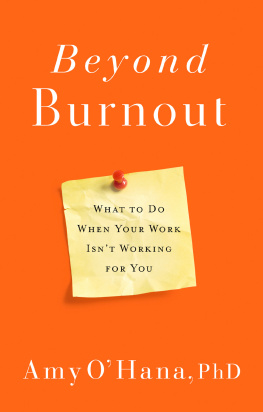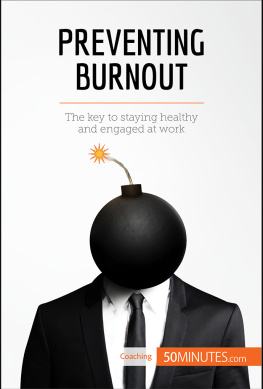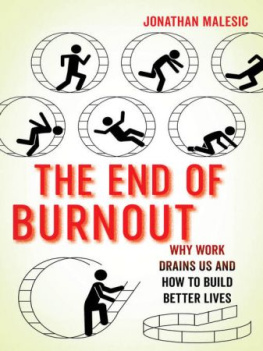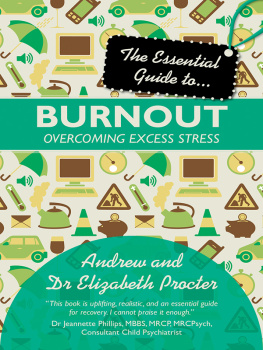Acknowledgments
I would like to thank the many friends, colleagues, and mentors whose intellectual, editorial, and emotional support helped make this book better: Beth Admiraal, Abbey Arnett, Garrett Barr, Dan Clasby, Jason Danner, Barb Fenner, Mark Fenner, Robin Field, Amy Freund, Tony Grasso, Kendra Greene, Erin Greer, Charles Hatfield, Annelise Heinz, Dan Issing, Farrell Kelly, Kurtley Knight, Katie Krummeck, Vincent Lloyd, Tom Mackaman, Nicole Mares, Charles Marsh, Chuck Mathewes, Jenny McBride, Michael McGregor, Noreen OConnor, Regan Reitsma, Cris Scarboro, Joel Shuman, Ross Sloan, Jessie Starling, Whitney Stewart, Janice Thompson, Brian Till, Shilyh Warren, Ben Wright, and Willie Young.
I thank my critique partners Elizabeth Barbour, Ceal Klingler, Christina Larocco, Robin Macdonald, Danielle Metcalfe-Chenail, Martha Wolfe, and Vonetta Young. Their careful and loving attention to my work over the last several years improved this project, and my writing in general, immeasurably. I thank Anne Gray Fischer and Will Myers for reading and talking about this book so often, so willingly, and with such intelligence and humor.
I thank Thomas Hagenbuch and Emily Zurek not only for our years-long dialogue about work but as representatives of hundreds of students who have helped me clarify my thinking on this topic.
I thank all those who shared their stories with me, both those named in the book and not, as well as the Monastery of Christ in the Desert, St. Benedicts Monastery, St. Johns Abbey, and CitySquare.
I thank the Collegeville Institute for twice hosting me for writing workshops, and the National Endowment for the Humanities and the Louisville Institute for funding this project early on.
I thank the newspaper, magazine, and journal editors who sharpened my words and thoughts in earlier stages of this project: Elizabeth Bruenig, Evan Derkacz, Aline Kalbian, Martin Kavka, Ryan Kearney, Laura Marsh, B.D. McClay, John Nagy, Tim Reidy, Matt Sitman, Jay Tolson, and Kerry Weber.
I thank the band The War on Drugs, whose album Lost in the Dream was the soundtrack for my work.
I thank the University of California Press for bringing this book to you. I thank especially Naomi Schneider for seeing the book in my writing on burnout, as well as Summer Farah, Teresa Iafolla, Benjy Mailings, Francisco Reinking, and all those staff members whose labor I did not get to see firsthand. I thank Catherine Osborne, who copyedited the manuscript, and Shannon M.T. Li, who indexed it. I thank the scholars, including Anna Katharina Schaffner, who, at the presss invitation, offered thoughtful comments on a draft of this manuscript.
I thank my family for their enduring support: my mother Carol, my sisters Lisa and Nicole, and my brother Jeff. I thank those whom we lost during my work on this book: Tony, Nana, and my father George.
I thank the following publications for permission to use material I wrote that was originally published in their pages: Taming the Demon, Commonweal, February 8, 2019; When Work and Meaning Part Ways, The Hedgehog Review 20, no. 3 (Fall 2018); Millennials Don't Have a Monopoly on Burnout, The New Republic, January 10, 2019; Imagining a Better Life After Coronavirus, The New Republic, April 1, 2020.
I thank all those I have forgotten to thank here.
Above all, I thank Ashley Barnes. In our life together, burnout has been not just an intellectual problem but an existential one, too. She helps me solve it every day. Without her, none of this would have been possible.
Introduction
Several years ago, instead of spending my mornings getting ready for my job as a college professor, I would lie in bed for hours, repeatedly watching the video to Dont Give Up, the English pop star Peter Gabriels 1986 duet with Kate Bush. In the video, the two singers embrace for six minutes as the sun is eclipsed behind them. Gabriels lyrical expression of despair and desolation echoed my inner monologue. It didnt matter how many times I heard Bush compassionately repeat the songs title and her assurance that this suffering would pass. The words never rang true.
My first class was at two in the afternoon; Id make it there barely on time and barely prepared, then go right back home when it was over. At night, I ate ice cream and drank malty, high-alcohol beeroften together, as a float. I gained thirty pounds.
By any objective standard, I had a fantastic job. I exercised high-level skills and training in something I was good at: teaching religion, ethics, and theology. I worked with intelligent, friendly colleagues. My salary was more than adequate; my benefits, excellent. I had great autonomy in determining how to teach my classes and pursue research projects. And with tenure, I had a level of job security unheard of outside academia and increasingly rare within it. Still, I was miserable, and it was clear my job was at the center of that feeling. I wanted to give up. I had burned out.
At the time, I thought something was wrong just with me. Why did I hate such a good job? But as I eventually realized, the problem of burnout is much bigger than one workers despair. Residents of the United States, Canada, and other wealthy countries have built a whole culture of burnout around our work. But burnout doesnt have to be our fate.
The End of Burnout springs from my desire to understand why millions of workers across all industries find themselves drained of the strength they need to do their jobs, and why that makes them feel like they have failed at life. I define burnout as the experience of being pulled between expectation and reality at work. And I argue that burnout is a cultural phenomenon that expanded in the past five decades but that has deep historical roots in our belief that work will be a means not just to a paycheck but to dignity, character, and a sense of purpose. In fact, despite widespread concern about burnout, burnout culture has persisted because we cherish these ideals; we fear losing the meaning that work promises. And yet the working conditions that are typical in the United States and other rich, postindustrial countries prevent us from attaining the very things we seek.
I hope this book will help our culture recognize that work doesnt dignify us or form our character or give our lives purpose. We dignify work, we shape its character, and we give it purpose within our lives. Once we realize this, we can devote less of ourselves to our jobs, improve our labor conditions, and value those of us who do not work for pay. Together, we can end burnout culture and flourish in ways that do not depend on work. In fact, many people already embrace an alternative vision of works role in a well-lived life. And they often do so at the margins of burnout culture. This book will introduce you to them.

